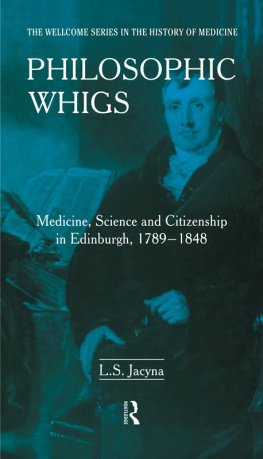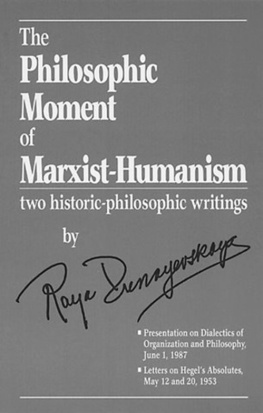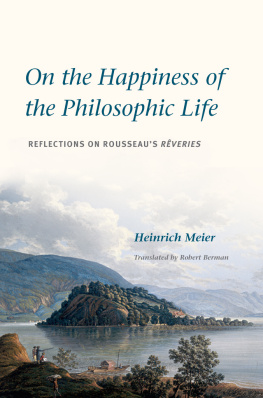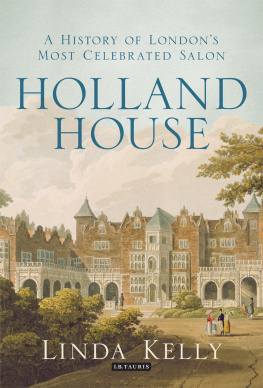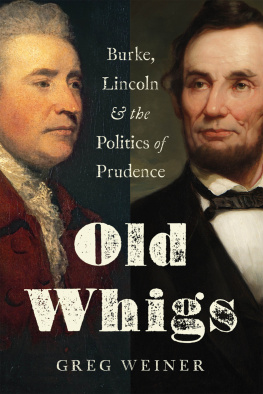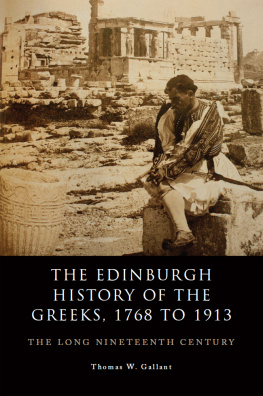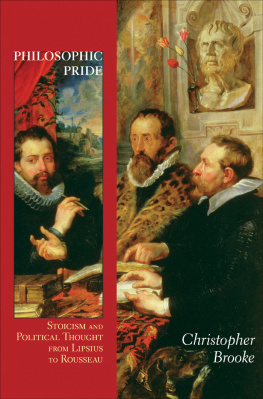PHILOSOPHIC WHIGS
THE WELLCOME INSTITUTE SERIES IN THE HISTORY OF MEDICINE
Edited by W.F. Bynum and Roy Porter
The Wellcome Institute
Florence Nightingale and the Nursing Legacy
Monica Baly
Vivisection in Historical Perspective
Nicholas A. Rupke
Abortion in England, 19001967
Barbara Brookes
The Hospital in History
Lindsay Granshaw and Roy Porter
The Charitable Imperative
Colin Jones
Medicine at the Courts of Europe, 15001837
Vivian Nutton
Mad Tales from the Raj
Waltraud Ernst
British Medicine in an Age of Reform
Roger French and Andrew Wear
Doctor of Society
Roy Porter
Medical Journals and Medical Knowledge
W.F. Bynum, Stephen Lock and Roy Porter
Medical Theory, Surgical Practice
Christopher Lawrence
The Popularization of Medicine, 16501860
Roy Porter
Women and Children First
Valerie Fildes, Lara Marks and Hilary Marland
Psychiatry for the Rich
Charlotte MacKenzie
Literature and Medicine during the Eighteenth Century
Marie Mulvey Roberts and Roy Porter
The Art of Midwifery
Hilary Marland
Medicine and the Reformation
Ole Peter Grell and Andrew Cunningham
Sophia Jex-Blake
Shirley Roberts
PHILOSOPHIC WHIGS
Medicine, Science and Citizenship in Edinburgh, 17891848
L.S. Jacyna

First published 1994
by Routledge
2 Park Square, Milton Park, Abingdon, Oxon, 0X14 4RN
Simultaneously published in the USA and Canada
by Routledge
270 Madison Ave, New York NY 10016
1994 L.S. Jacyna
All rights reserved. No part of this book may be reprinted or reproduced or utilized in any form or by any electronic, mechanical, or other means, now known or hereafter invented, including photocopying and recording, or in any information storage or retrieval system, without permission in writing from the publishers.
British Library Cataloguing in Publication Data
A catalogue record for this book is available from the British Library.
Library of Congress Cataloging in Publication Data
Jacyna, L.S.
Philosophic whigs: medicine, science, and citizenship in Edinburgh, 17891848/L.S. Jacyna.
p. cm. (The Wellcome Institute series in the History of Medicine) Includes bibliographical references and index.
1. Medicine Scotland Edinburgh History 18th century. 2. Medicine Scotland Edinburgh History 19th century. 3. University of Edinburgh. Faculty of Medicine History 18th century. 4. University of Edinburgh. Faculty of Medicine History 19th century. 5. Medicine Political aspects Scotland Edinburgh History 18th century. 6. Medicine Political aspects Scotland Edinburgh History 19th century. 7. Physicians Scodand Edinburgh Biography. 8. Thomson family. I. Tide. II. Series. [DNLM: 1. History of Medicine, 19th Cent. Scotland. 2. Physicians Scodand biography. 3. Schools, Medical History Scodand. 4. Politics Scotland. WZ 70 FS2 J2h 1994]
R497.E34J33 1994
610.9413409034 -dc20
DNLM/DLC
for Library of Congress 93-29944
ISBN 0-415-03614-3
Contents
Abbreviations
BL MS | British Library Manuscripts Department |
EGA | Edinburgh City Archives |
EUL MS | Edinburgh University Library Special Collections |
GUL MS | Glasgow University Library Special Collections |
LSE | London School of Economics |
NLS | National Library of Scotland, Edinburgh |
PRO | Public Records Office, Kew |
RCPE | Royal College of Physicians of Edinburgh |
RCSE | Royal College of Surgeons of Edinburgh |
SRO | Scottish Records Office, Edinburgh |
WIHM | Wellcome Institute for the History of Medicine, London |
Introduction
In 1789 John Thomson left Glasgow to continue his medical studies in Edinburgh. In 1848 his youngest son Allen resigned the post he held in the Edinburgh medical faculty to become Professor of Anatomy in Glasgow. In the intervening half century members of the Thomson family occupied a total of four chairs in Edinburgh; evolved new forms of pedagogy; practised surgery and medicine; and took an active part in the cultural life and politics of the city.
This book is primarily an account of the Thomson familys Edinburgh career. As such it helps to fill a lacuna in our understanding of the Edinburgh medical school. Conventionally historians have focussed their attention upon the eighteenth-century Golden Age of Edinburgh medicine which is supposed to have ended around 1789 with the retirement of William Cullen. The fascination of this earlier period is easily understood. It coincides with the efflorescence of the Scottish Enlightenment; this was the Edinburgh of Adam Smith and David Hume as well as of Cullen and of Joseph Black. Among the most stimulating studies of this period are those which emphasize the intimate relations between medicine and other forms of intellectual endeavour.
By contrast, the turn of the nineteenth century appears as a period of decline for the medical school. The great men had passed away to be replaced by unworthy successors. This image of decline was well defined even in the early decades of the nineteenth century: in 1825 an English visitor to the northern Athens noted that, with minor exceptions,
I did not hear that any of the Athenian professors have put in a single claim for immortality. Even in her anatomical school, that upon which she rested her fame the longest and the most securely, the recent falling off has been great; and of all those who now shine in the lists of her senatus there is none able to hold the book for Gregory, or the scalpel for old Monro, or light the furnace for Black.
Various objections might be raised to this admittedly satisfying narrative of glory followed by corruption and decline. Recent studies of the Brunonian controversies in the 1780s have shown the possibility of strife even in the age of gold. Nor was the distribution of university patronage in the eighteenth century immune to the demands of faction. It is none the less undeniable that the school of medicine was more riven by conflict after 1790 than before. This was, however, a reflection of the tendency of Edinburgh society as a whole.
University histories are prone to what may be called the green field syndrome a tendency to view these institutions as ivory towers devoted to the pursuit of eternal values and detached from the more mundane concerns of their environment. Even as sophisticated a study as Lisa Rosners recent history of the medical school at the turn of the nineteenth century gives little idea of the dependence of academic institutions upon a larger social context. By the 1790s, moreover, the Edinburgh polity had lost much of its former independence; improved communications facilitated the subordination of local to national interests.
From the 1780s the political nation experienced growing conflict between those who wished to preserve the existing constitution and those who demanded some measure of reform. In Scotland this struggle centred upon the issues of parliamentary representation and burgh government. The questions were interrelated because the Town Councils elected the members of parliament for Scottish cities. The councils were themselves unelected self-perpetuating bodies subservient to the will of the party in power and notoriously corrupt.
Next page
